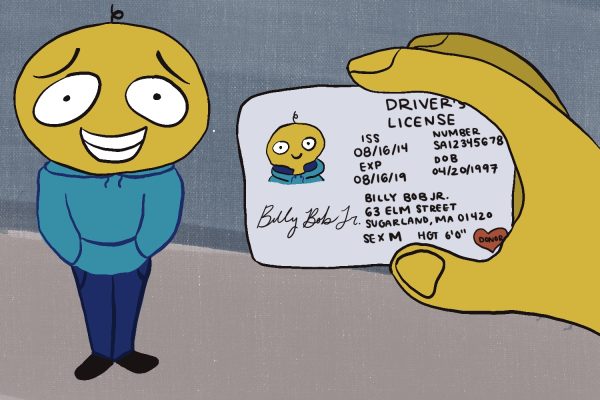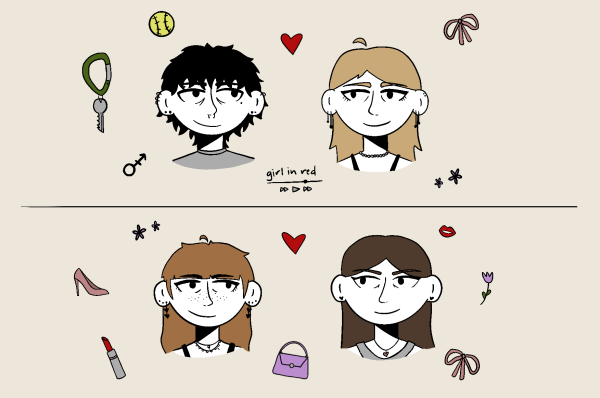Can the moderates survive in today’s political arena?
November 2, 2016
With the presidential race on everyone’s mind, especially those of us who are finally old enough to vote for the first time, I’ve started to wonder about why the U.S. political field seems to have become so polarized.
It seems that there are rarely moderate candidates who get very far in higher office, particularly in political races, because they are said to not attract enough support from either party.
But why don’t moderate candidates attract support when, to both parties, they should theoretically be viewed as better than radicals on either side?
This summer, I was a field representative for the senate campaign of Sen. Kelly Ayotte in New Hampshire. She is an example of a senator who is deemed by many to be a moderate.
For my job, I basically knocked on doors all day long across the New Hampshire seacoast area, talking to voters and collecting data.
[media-credit name=”Elise Mitchell” align=”alignnone” width=”266″] [/media-credit]
[/media-credit]
Something that really struck me during this experience, despite an awful amount of people answering their doors in their underwear, was that it seemed like there was always someone who wasn’t happy with what Ayotte was doing in Congress and in New Hampshire.
Let me start by saying that Kelly Ayotte is the seventh most bipartisan senator in the United States (according to a bipartisanship study by Georgetown University), and she often reaches across the aisle to move legislation forward.
In fact, this summer she worked with the other senator from New Hampshire, Democrat Jeanne Shaheen, on numerous occasions.
Ayotte also said she will not be voting for Donald Trump.
What I have found, however, is that instead of being applauded for actually getting something done compared to the gridlock that has defined Congress for years now, some people think she is either too conservative or not conservative enough.
Sometimes Republicans and Democrats alike would dislike her for the same issue. One example is guns.
Ayotte’s websites states that she helped introduce legislation that improves existing background checks, addresses mental health gaps in the criminal justice system, boosts resources to improve school safety and criminalizes gun trafficking and straw purchases.
Some Republicans I met while door knocking said that she was a RINO (Republican In Name Only) because of this statement and others along this line.
At the same time, some Democrats who I spoke to at the door extremely dislike her because they think she is not tough enough on guns.
This catch-22 Ayotte seems to be stuck in with some voters makes me really wonder if it is possible for someone to be a moderate these days in the U.S. political arena.
Candidates who are in the middle do not seem to get a chance. The cause of this catch-22 Ayotte is experiencing has partly to do with the purists on the Republican side.
I have met quite a few people who simply say they will not vote for anyone in the state primary because no one agrees with all of their views.
Another prime example of a moderate in danger of losing his seat in the Senate this year are Mark Kirk (R) from Illinois.
The idea of having a candidate that agrees with you on everything is ridiculous, and I think this is a unity problem the GOP is frequently facing.
If people focused less on what they do not agree on, and more on what they do agree on, moderates would have more of a chance to survive.








![Can’t buy me [self] love](https://vtcynic.com/wp-content/uploads/2024/04/self-care-FINAL-600x398.jpg)







